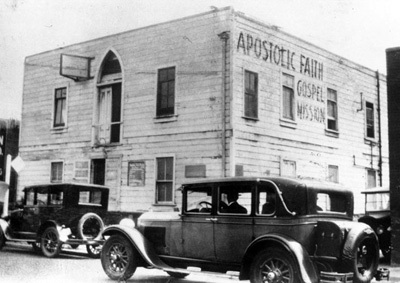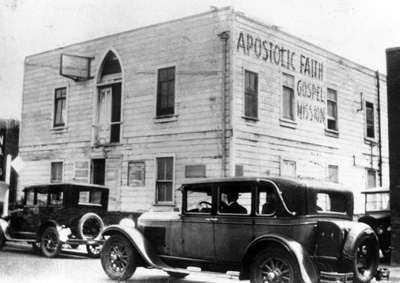Good stuff.
That was the essence of a discussion I had on Twitter recently. I posted:
The Law does not nor cannot enable or empower believers to follow it. Only the Spirit working grace into the soul brings this about.
The following question was posed to me in response:
…when Jesus said, Lazarus come forth, was it law or gospel?
I presume the question was asked because it seems to contain within it both a command to be obeyed (Law) and life-giving power (gospel) in the same act. Jesus approached Lazarus’ tomb and issued his command and Lazarus clearly obeyed Jesus’ command. The command brought life.
But is it correct to see in this an instance of the Law bringing life?
The instance here is one of the creative act of God. There is not the obligatory response that the (Moral) Law calls for. The corollary to what occurs in this passage is the…
View original post 1,166 more words





